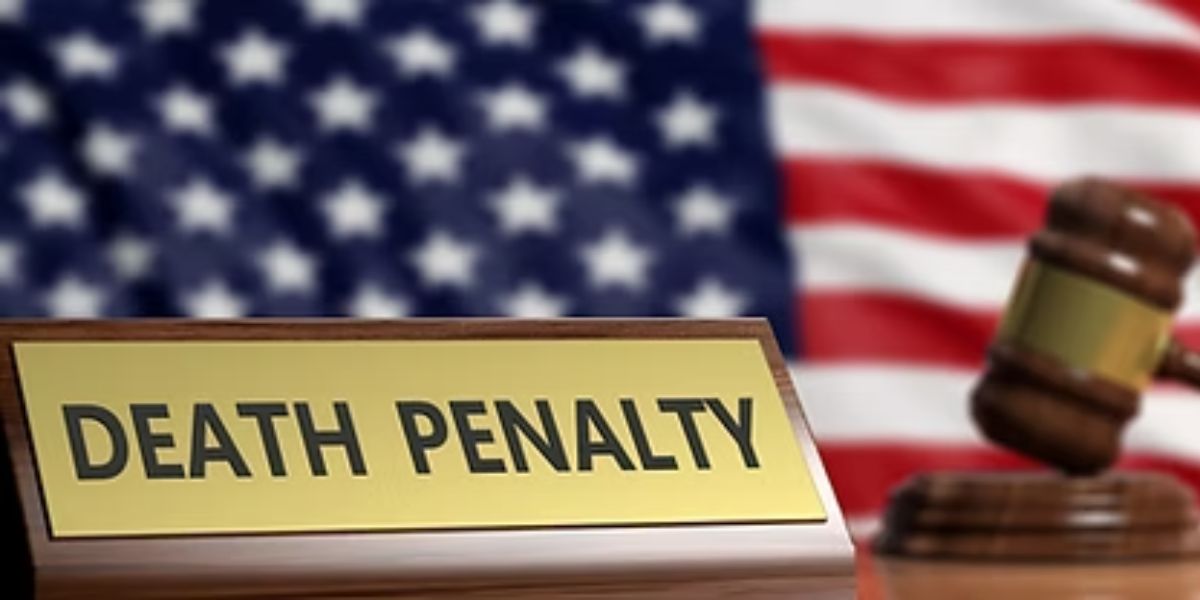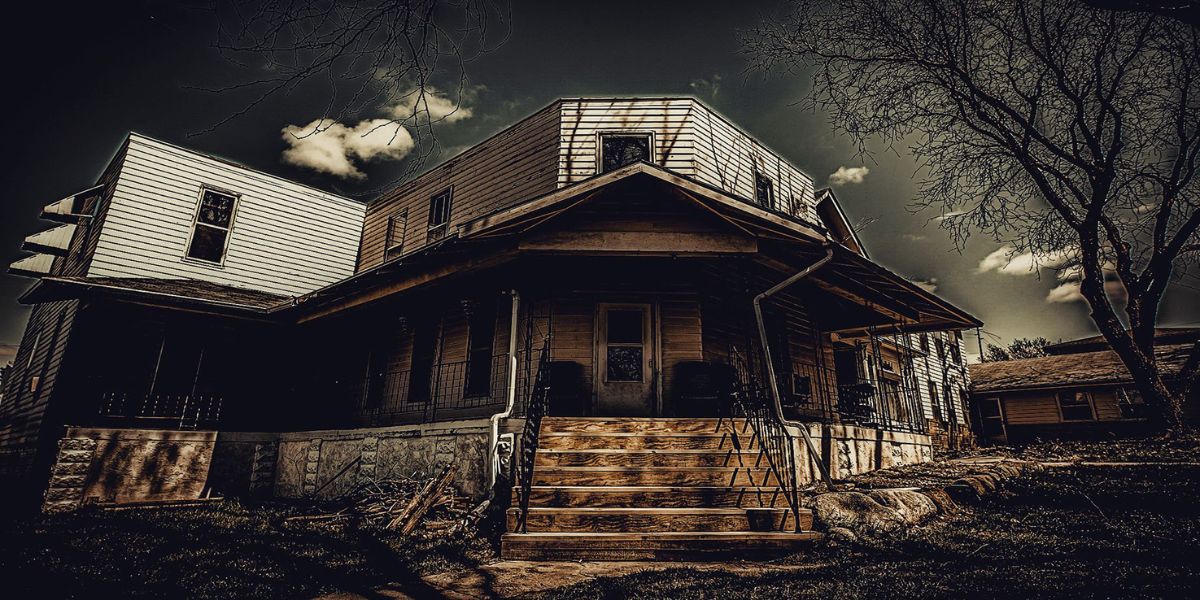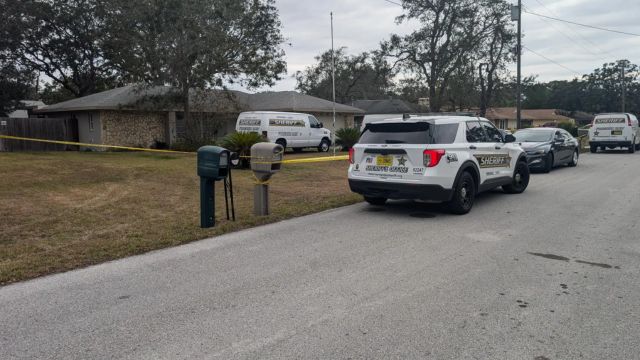South Carolina has recently reignited the national debate over capital punishment by resuming executions after a 13-year hiatus. The state’s decision to carry out executions by firing squad—a method not used in the U.S. for 15 years—has drawn significant attention and criticism.
This article examines the resurgence of the death penalty in South Carolina, the methods employed, and the broader implications for justice and human rights.
Resumption of Executions in South Carolina
After a prolonged pause due to challenges in procuring lethal injection drugs, South Carolina resumed executions in 2024.
The state legislature passed laws allowing alternative methods, including electrocution and firing squads, and enacted measures to keep the identities of drug suppliers confidential. These changes facilitated the resumption of capital punishment, with five executions carried out since September 2024.
The Return of the Firing Squad
In a controversial move, South Carolina executed two inmates by firing squad within a five-week span in early 2025.
- Brad Sigmon, convicted of murdering his ex-girlfriend’s parents in 2002, was executed on March 7, 2025. Sigmon chose the firing squad over other methods, citing concerns about the potential suffering associated with lethal injection and electrocution.
- Mikal Mahdi, convicted of killing an off-duty police officer in 2004, was executed on April 11, 2025. Mahdi’s attorneys argued that he had suffered a traumatic childhood and received inadequate legal representation, but appeals were denied.
These executions mark a significant shift in the methods employed for capital punishment and have sparked renewed discussions about the ethics and humanity of such practices.
Ethical and Legal Concerns
The reintroduction of the firing squad has been met with widespread criticism. Opponents argue that this method is a brutal relic of the past and undermines the pursuit of more humane execution practices. The use of firing squads raises questions about the state’s commitment to evolving standards of decency and the potential for cruel and unusual punishment.
Furthermore, concerns have been raised about the fairness of the legal processes leading to these executions. In Mahdi’s case, his defense highlighted a history of abuse and inadequate legal representation, suggesting systemic failures in ensuring justice.
Public and Political Response
The resumption of executions and the methods employed have elicited varied responses. Some view the actions as a necessary means of delivering justice, particularly in heinous crimes. Others see them as a step backward, reflecting a disregard for human rights and the potential for irreversible errors in the justice system.
The secrecy surrounding execution protocols and drug suppliers has also been a point of contention, with critics arguing that transparency is essential for public accountability and trust in the legal system.
Conclusion
South Carolina’s recent actions have reignited the national conversation about the death penalty, its implementation, and its place in modern society. While proponents argue for its necessity in delivering justice, the ethical, legal, and humanitarian concerns cannot be overlooked. As the state continues to carry out executions, the debate over whether the death penalty serves justice or perpetuates cruelty remains as pertinent as ever.




